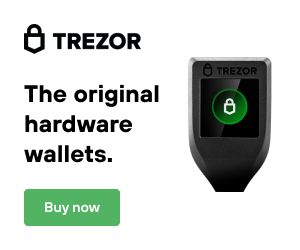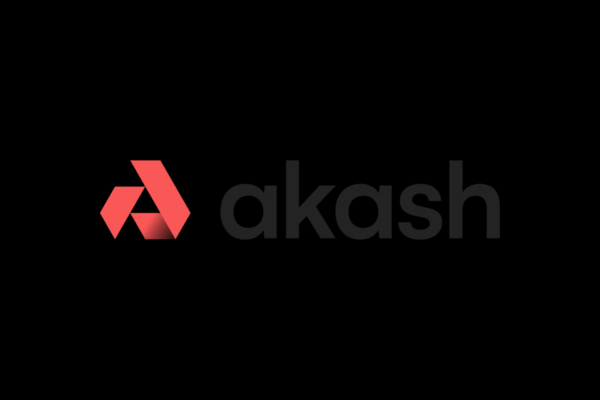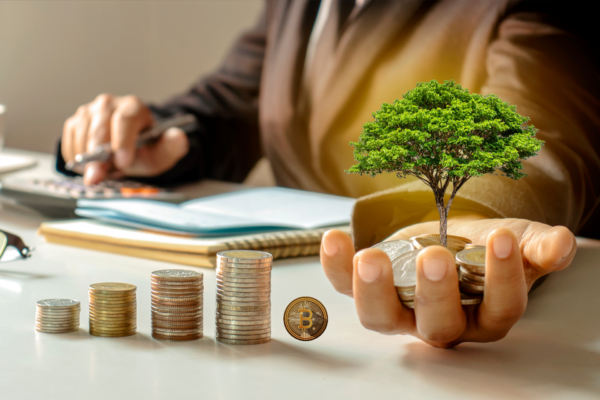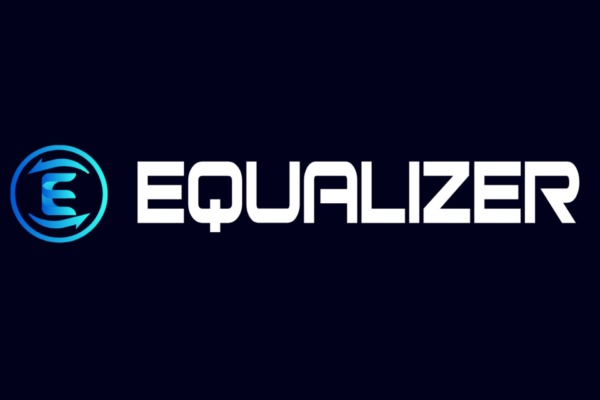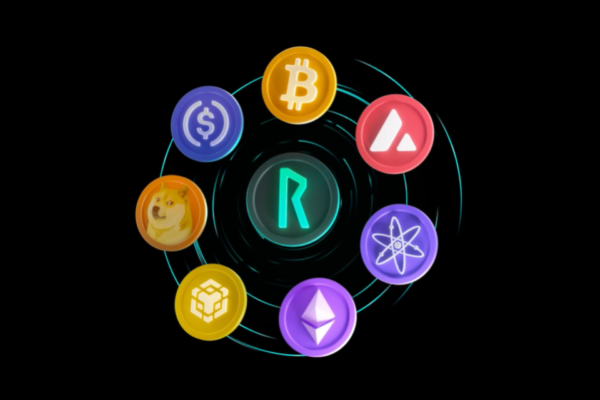The final part of the “Rekt” series, this article is about avoiding scams, and other crypto best practices.
Some of the concepts in this article were briefly explained in “how to get started in crypto”. We will go into further detail focusing on safety practices in crypto which will aide in avoiding scams. To being, it is always recommended to add every layer of security offered when using an exchange or wallet. Always add Face ID, 2-factor authentication, email verification, seed phrases, master passwords. Investors can also add additional security features to withdrawal and receive functions, these prevent hackers and scammers from being able to move funds if they were to gain access to private passwords.
As discussed in “how to get started in crypto”, hardware wallets (cold wallets) are the holy grail of security. Some hardware wallets and crypto assets allow for participation in decentralized applications while keeping funds secure on a hardware wallet. Popular hardware wallets include, [Trezor], [Ledger],[keepkey]. There are many other hardware wallet companies, and they constantly provide new updates, allowing more cryptos to be stored, and enhanced security features.
The second best storage option is known as a hot wallet, which requires and internet connection to use. Popular hot wallets include [Trustwallet], [Metamask] and [Exodus]. The most secure hot wallets have seed phrases, which are special phrases that are never written online, these should always be hand written and secured in a safe place with backup copies. If a user were to ever have their wallet locked or general password lost, the seed phrase allows for access of the stored crypto. Wallets are required to use crypto applications.
The third option is to store crypto directly on an exchange. This can have some benefits, most exchanges offer a high APY return for staking through their platform. Many will stake an asset directly on chain for a customer, for those who do not want to get involved with decentralized applications this can be helpful. Popular exchanges also provide some level of insurance if assets are lost, however most will not return funds if an investor is hacked or scammed on an individual level.
These tips can help increase security and create best practices:
- When using Decentralized apps, never provide your seed phrase or master password, these are ALWAYS scammers trying to gain access through Phishing
- Always write down your seed and master phrases and store in multiple locations
- It is not advised to tell strangers about your crypto holdings
- Use a secure browser such as [Brave] for all crypto needs
- When using a browser, save your favorite links and click the toolbar instead of typing the website name into the search bar. Scammers commonly place their scam sites on the top of search bars as clickbait
- When sending large funds across addresses, send a test amount first (assuming the fee is reasonable), it can save a lot of headache and heartbreak
- Diversify where you store your crypto, this can include staking on exchanges and in defi, multiple personal wallets, mixed hot and cold wallets.
Another imperative lesson is to learn your chains. You cannot send an Ethereum based token to Binance smart chain. Each chain has its own code, ERC-20 for Ethereum, Bep-20 for Binance, some platforms such as Solana assist in conversion, some projects do not. It is possible to send funds to an incompatible chain and lose them forever. On this subject, wallets also need to be compatible when sending funds. For example, Metamask has different sections of the wallet for Ethereum, Binance, Harmony, and others. Since each blockchain uses a different asset for gas fees, you must also make sure to have the proper crypto to pay for transactions. Ethereum uses Ether, and Binance uses BNB.
A common scam involves people offering to take a small amount of crypto and in return trade for others. They then cliam to provide more of an asset in return. A general rule of thumb, if it sounds too good to be true, it is. Popular crypto personalities will never ask for your personal information, or for your crypto in return for trading services. Financial advisors will never ask for your crypto in exchanges for services either. By implementing these security practices, you can take accountability for your investments and wealth over the years. A good way to learn these lessons is to download the wallets, check out the decentralized applications and explore the exchanges your country offers. Getting involved increases confidence and knowledge, and helps projects gain a user base, this is how crypto grows.
Thank you for reading this series, we have many more to come.



